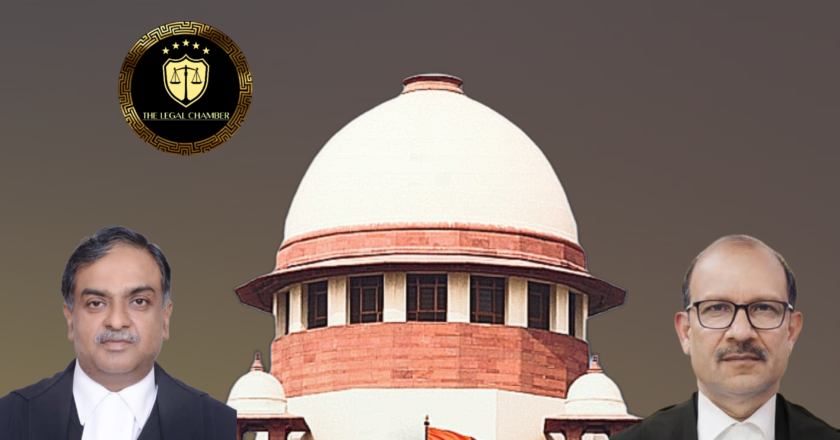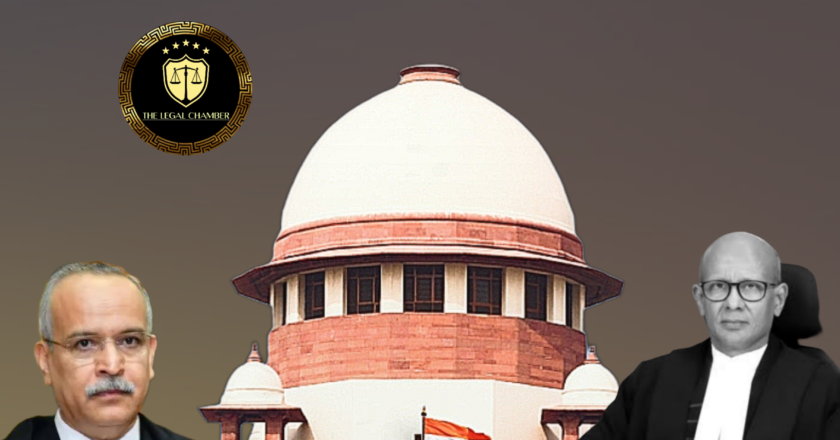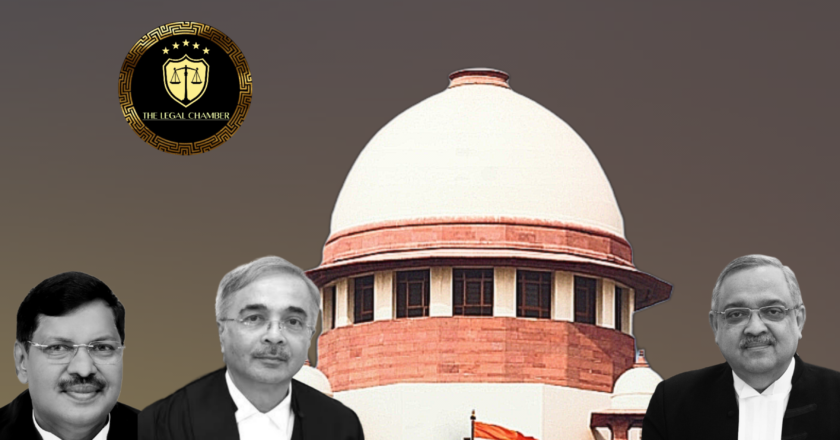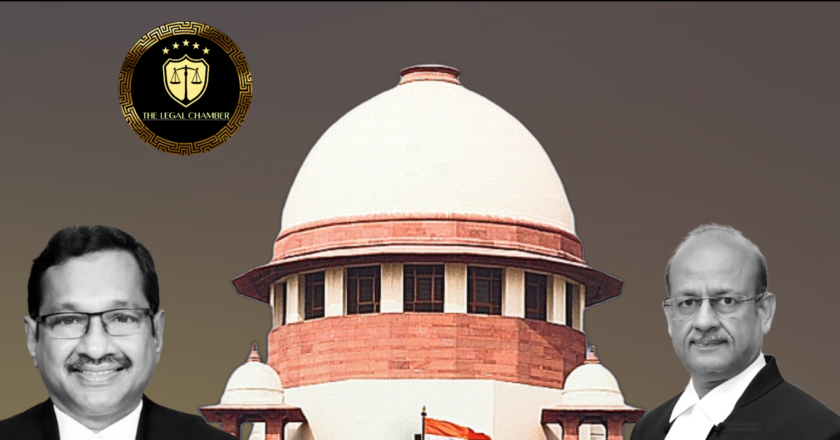Supreme Court’s Key Ruling on Trademark Law :No Monopoly on Common Words
The Supreme Court dismissed the appeal, affirming that deceptive similarity must be assessed holistically, not by dissecting composite marks. The common element "PRIDE" was generic and non-distinctive. No likelihood of confusion was found, as the overall impression, trade dress, and dominant features of the rival marks were distinct. Interim injunction was rightly denied.
Facts Of The Case:
The appellants, Pernod Ricard India Private Limited, are manufacturers and distributors of alcoholic beverages, holding registered trademarks for 'BLENDERS PRIDE', 'IMPERIAL BLUE', and 'SEAGRAM’S' whiskies. They filed a suit against the respondent, Karanveer Singh Chhabra, alleging that his use of the mark 'LONDON PRIDE' for whisky, along with its packaging and trade dress, constituted tra...









